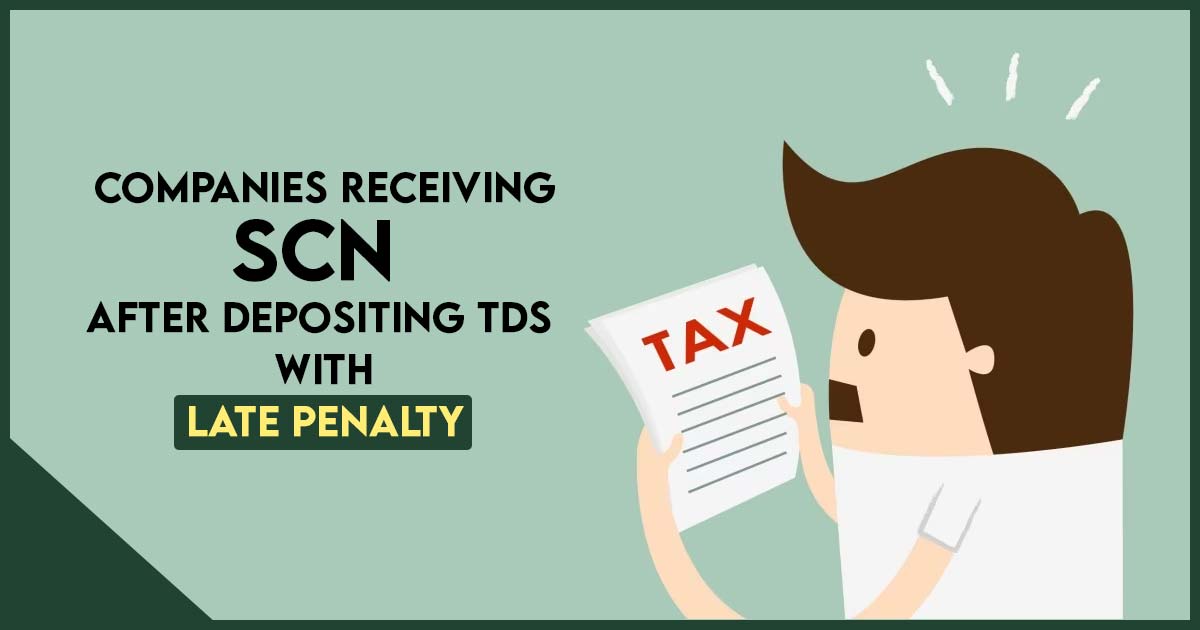
Despite companies having already paid the TDS along with the imposed penal interest, they are still receiving show-cause notices from the Income Tax Department, which may lead to prosecution. Additionally, directors are being implicated in these cases.
While departmental sources argue that this isn’t a widespread phenomenon and prosecution is only pursued in cases involving substantial amounts, tax experts are concerned that this approach could further burden companies. This is because they might now have to pay compounding fees on top of the TDS and penal interest they’ve already paid.
Read Also: HC Cancels Proceedings Based On the Contradiction Between SCN & Order
Sections 276B and 276BB of the Income Tax Act pertain to situations where a company has deducted withholding taxes but failed to remit them to the government within the stipulated timeframe. These sections encompass penalties of a criminal nature, including potential imprisonment for company officials.
Nevertheless, instances are arising where the Income Tax Department is issuing show-cause notices even when a company has unintentionally failed to meet the deadline for depositing withholding tax, subsequently rectifying the error by voluntarily remitting the tax along with interest. Typically, the department employs a notice based on Section 2(35) of the IT Act to inform the company officials before designating them as defendants, along with the company, in a criminal prosecution.
As per Saurrav Sood, Practice Leader for International Tax and Transfer Pricing at SW India, there has been a recent surge in cases where company directors are being served with show-cause notices in situations where both the company and its directors face prosecution due to such oversights. He emphasizes that these notices represent only a fraction of the problem, as the larger issue revolves around the convoluted process of undergoing compounding. This process serves as a method to mitigate the legal proceedings, which inherently possess the nature of criminal litigation
Valid Reason
Individuals receiving these notices have two options at their disposal. The first entails contesting the trial on its merits before a Magistrate. They must demonstrate to the Magistrate that there existed a valid reason for the failure to meet the stipulated deadline for TDS deposit. The responsibility of proving this valid reason lies with the accused, making it clear that there is no fixed criterion to define what constitutes a valid reason under Section 278AA of the IT Act. The definition of a valid reason varies from case to case, signifying that establishing a valid reason in court could potentially evolve into a protracted legal struggle.
Alternatively, one can pursue compounding in accordance with the compounding guidelines established by the Income Tax Department.
According to Sood, numerous notices have been issued to taxpayers so far, yet a significant portion of these cases never culminate in prosecution. Instead, taxpayers frequently opt to settle by paying compounding fees, calculated as a percentage of the withheld tax amount that was deposited belatedly.
This prompts the question of whether the true intention of the income tax authorities is to generate additional revenue through the means of prosecution, which also consumes the time of a district court magistrate, given that prosecution matters are presented before these officials.
Recommended: New Significant Changes Make the I-T Dept Website Attractive
For compounding to be sanctioned, all conditions specified in the compounding guidelines must be met. Moreover, there exists a specific timeframe during which the application for compounding must be submitted, alongside associated compounding fees. Nevertheless, court judgments have been issued in which the mandatory timelines for compounding applications have been deemed as non-obligatory.